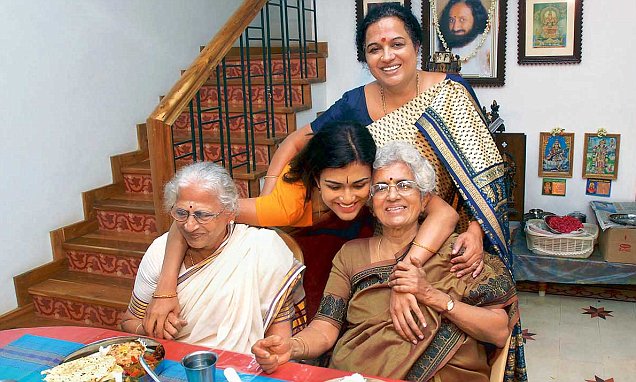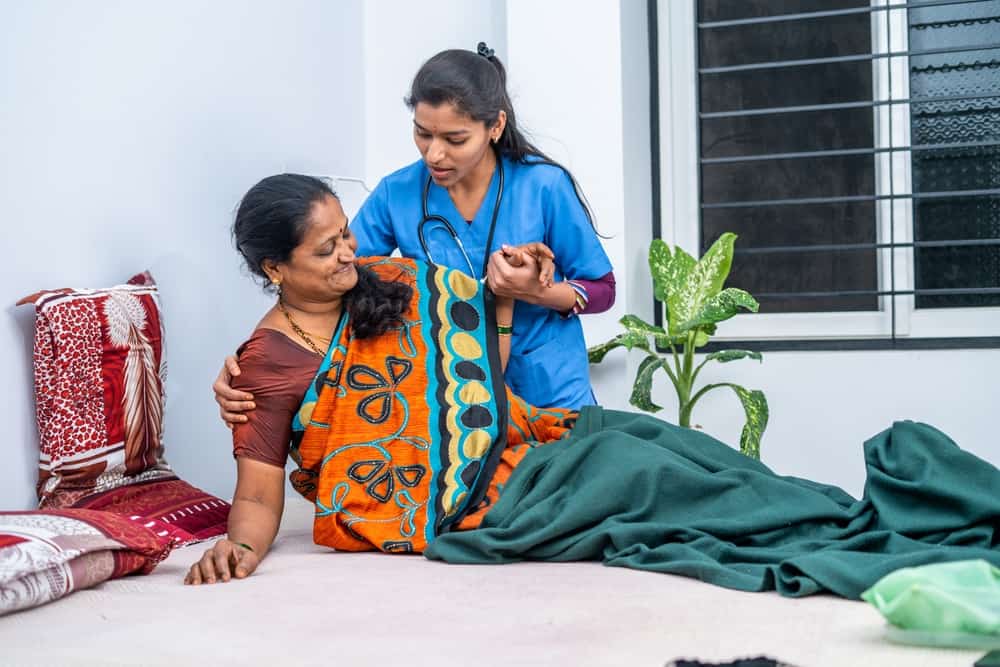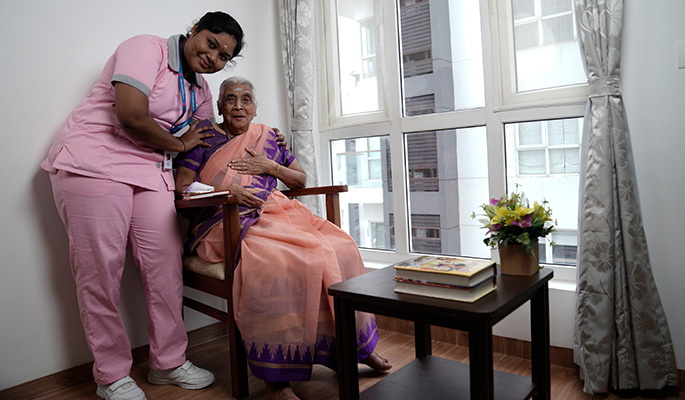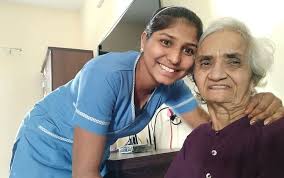Enhancing Quality of Life: Personal Care for Seniors in Bangladesh
As the population ages globally, the importance of personal care for seniors becomes increasingly paramount, especially in countries like Bangladesh where traditional family structures are integral to elderly care. Providing comprehensive personal care for seniors in Bangladesh involves addressing physical, emotional, and social needs to ensure their well-being and quality of life.
One of the primary facets of personal care for seniors in Bangladesh is addressing their healthcare needs. Access to affordable healthcare services tailored to the elderly population is crucial. Initiatives such as mobile medical units, community health centers, and outreach programs specifically targeting seniors can significantly improve access to healthcare services, including regular check-ups, medication management, and specialized care for age-related ailments.
Furthermore, ensuring proper nutrition is essential for seniors’ health and vitality. Many elderly individuals in Bangladesh face challenges in accessing nutritious meals due to factors like limited mobility or financial constraints. Implementing meal delivery services, community kitchens, and nutritional education programs can help seniors maintain a balanced diet, thereby promoting their overall health and well-being.
Moreover, personal care for seniors extends beyond physical health to encompass emotional and social support. Many elderly individuals experience feelings of loneliness and isolation, particularly if they live alone or have limited social interactions. Creating opportunities for socialization through senior centers, recreational activities, and intergenerational programs can foster a sense of belonging and reduce feelings of isolation among seniors.
Additionally, providing assistance with daily tasks such as grooming, bathing, and household chores can significantly enhance seniors’ quality of life and independence. Caregiver training programs and support services for family caregivers are vital to ensure that seniors receive the assistance they need while also alleviating the burden on caregivers.
In conclusion, prioritizing personal care for seniors in Bangladesh is essential for promoting their health, well-being, and overall quality of life. By addressing their healthcare needs, ensuring access to nutritious meals, and providing emotional and social support, society can empower seniors to age with dignity and grace. Collaboration between government agencies, non-profit organizations, and community stakeholders is key to implementing effective strategies that meet the diverse needs of the elderly population in Bangladesh.




